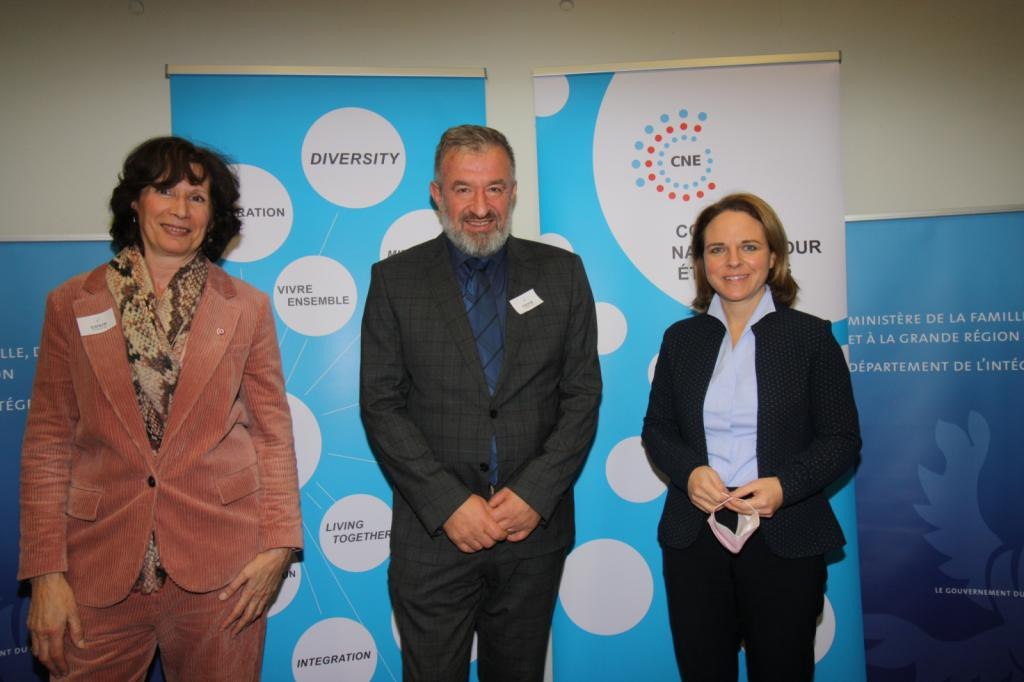The council (CNE) was founded in 1993 but it has faced repeated criticism of being too detached from the people it represents. Already during a plenary in 2018, it had .
This pledge was repeated during a press conference on 17 December, where the council presented its annual report.
Created with the mission to analyse laws that apply to foreigners, the council published opinions on a plan to lift the residency requirement for foreigners to vote in municipal elections as well as four opinions on a wide-ranging reform of Luxembourg immigration law.
It also spoke out against the government ending its on-demand large-scale testing scheme, saying that many foreigners in Luxembourg used the tests to be able to visit family abroad. Low-income earners, in particular, suffered from having to pay for the tests, it said.
The council works with registered not-for-profits in the country, but said it struggles to connect with the wider public--a problem given that more than 47% of the country’s population are non-nationals in addition to 200,000 cross-border workers whom the CNE also aims to give a voice to.
Vice-president Christine Hugon on Friday said that foreigners and cross-border workers should work together more closely but also warned that the council risked becoming an echo chamber if it cannot connect with the people it represents.
President Munir Ramdenovic said the council is pushing for more resources from the integration ministry under Corinne Cahen (DP). More financial and administrative support are needed, Ramdenovic said, also saying that the composition of the CNE should change to give equal weight to EU and third-country nationals and greater representation to cross-border workers.
The last elections for the CNE took place in 2017 but it took the council more than its first meeting. As a result of a meeting with Cahen in February 2018, the council created six working groups to tackle priority issues.
By 2020, however, the situation hadn’t much improved and former and present members cited unproductive meetings in .
The CNE now, once again, is aiming to turn a new leaf, hosting a press conference on 17 December and promising more communication in future.
